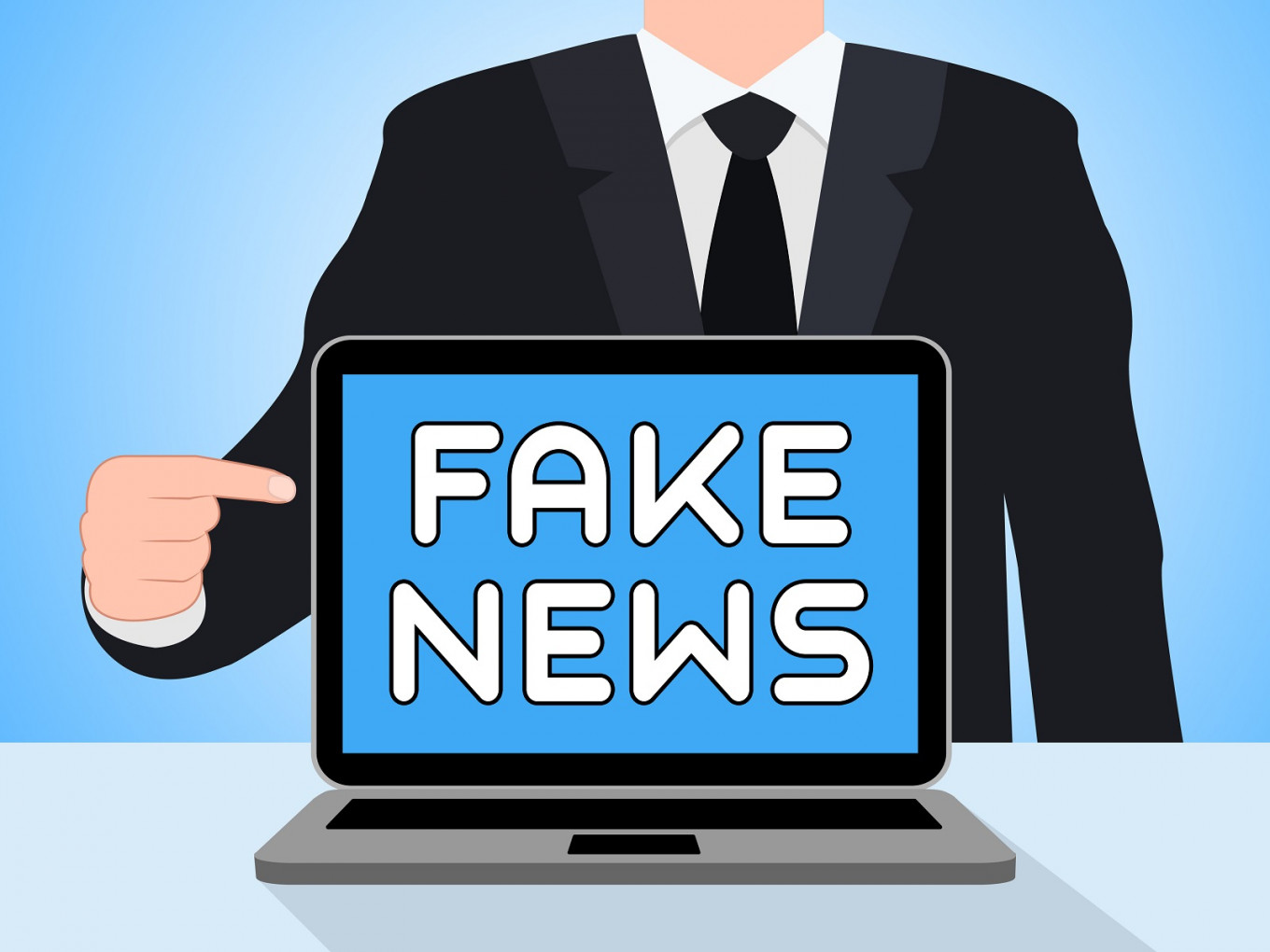Popular Reads
Top Results
Can't find what you're looking for?
View all search resultsPopular Reads
Top Results
Can't find what you're looking for?
View all search resultsSingapore's fake news law to come into effect Oct 2
Under the new law, Singapore’s ministers decide whether to act against a piece of falsehood on the Internet, and can order that it be taken down or ask for corrections to be put up alongside it.
Change text size
Gift Premium Articles
to Anyone
I
t could cost as little as $200 and take as fast as nine days for people to challenge a minister’s decision under Singapore’s fake news laws, which takes effect on Wednesday (Oct 2).
The cost and speed of the appeals process, which were among the sticking points at the parliamentary debate on the proposed legislation, have been set out in the subsidiary legislation of the Protection from Online Falsehoods and Manipulation Act (Pofma).
Its rules and regulations kicked in on Monday, paving the way for the law to be implemented. They were announced in notices in the Government Gazette on Tuesday.
Under the new law, Singapore’s ministers decide whether to act against a piece of falsehood on the Internet, and can order that it be taken down or ask for corrections to be put up alongside it.
They can also order technology companies to block accounts that are spreading untruths.
Critics had feared the law would be used to curb free speech, even if decisions arising from it would come under court and judicial review.
They said a minister could scuttle the appeal process by dithering on his decision, since a person has to appeal to a minister before appealing to the courts.
They also said the costs of initiating a court challenge could be too prohibitive.
Addressing these concerns, the Government, particularly Home Affairs and Law Minister K. Shanmugam, had promised the appeal process would be relatively fast and inexpensive for individuals.
Under the rules and regulations, court fees for the first three days of the appeal hearing will be waived.
An appeal can be heard in the High Court as early as nine days after a challenge is first brought to the minister.
This includes the two working days during which a minister has to decide whether to allow an appeal, and the six working days the court has to fix a hearing date, after an aggrieved person files an appeal in court and appears before the duty registrar to ask for an urgent hearing.
Another sticking point during the parliamentary debate is whether people would know why their content is deemed false.
Shanmugam had said a minister will have to explain why a piece of content is false if he is ordering for it to be taken down or for a correction to be put up, and this has been set out in the regulations.
Under the law, technology companies will also be subject to codes of practice.
To this end, Google, Facebook, Twitter, SPH Magazines, WeChat and Baidu have been designated as digital advertising and Internet intermediaries.
This means the companies may be required to ascertain the identity of those who want to put up any paid political content in Singapore, like advertisements seeking to influence the outcome of elections.
These companies may also be required to disclose to the public the paid political content, among other things.
Pofma was passed in May after more than a year of public consultation, including a Select Committee hearing.
Shanmugam had said then that it was designed to give the Government the tools to deal with falsehoods on the Internet that can go viral in a matter of minutes and cause untold damage to society.
The law provides for criminal sanctions, with fines of up to $1 million for technology companies, and fines of up to $100,000, or jail terms of up to 10 years, or both, for individuals.







